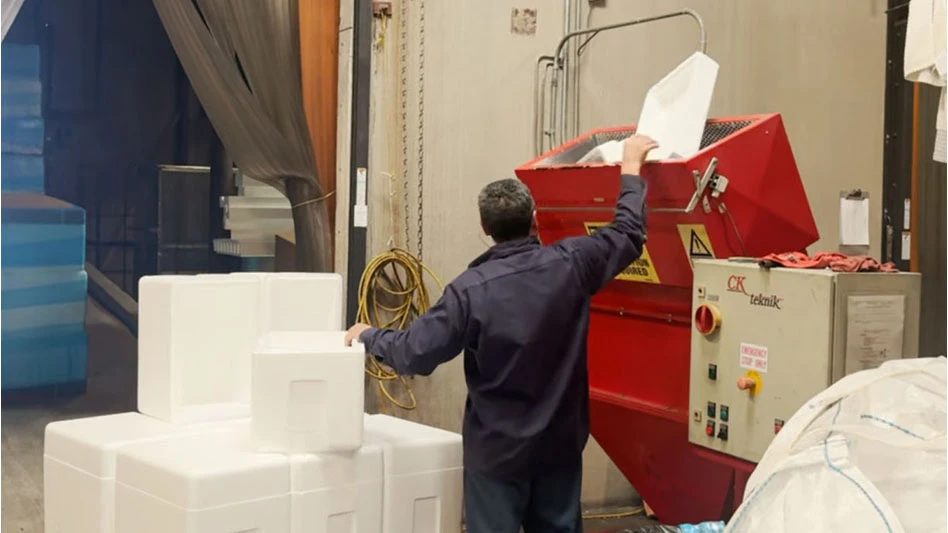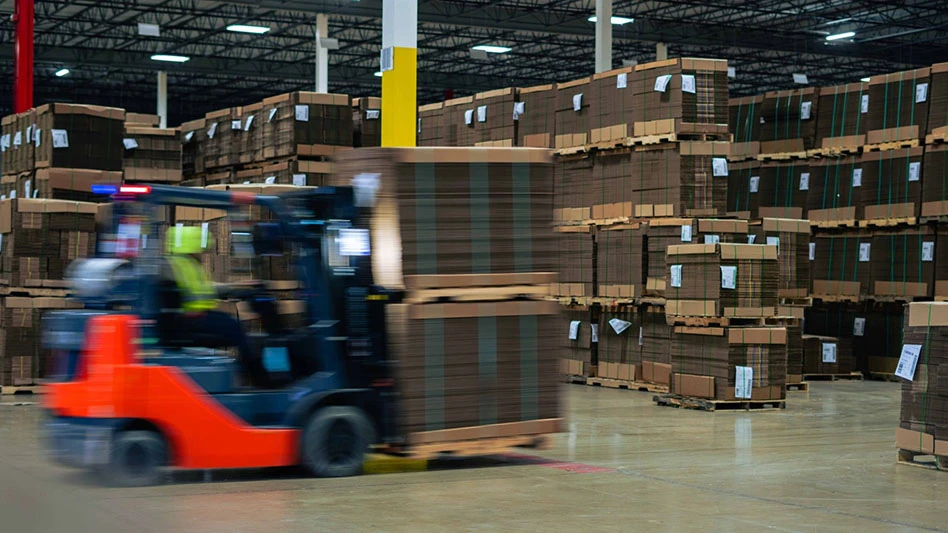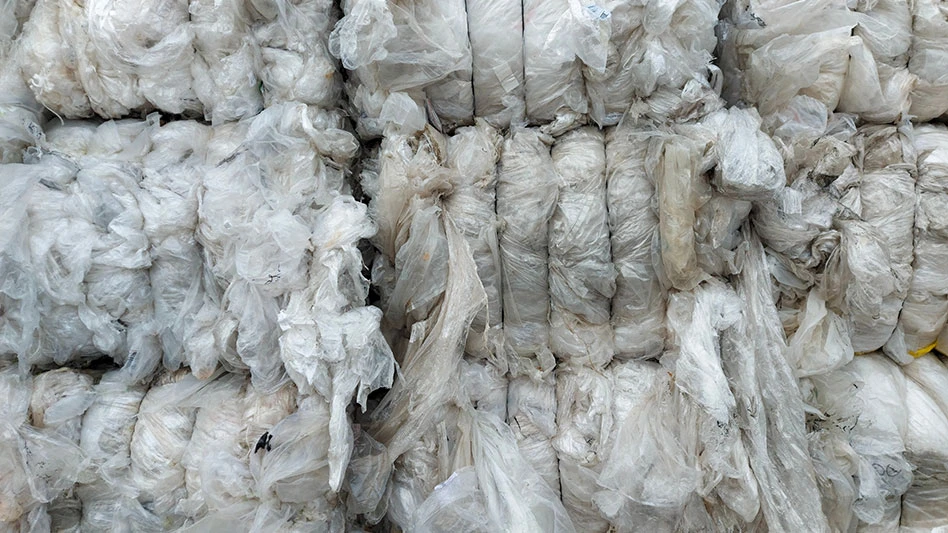
SHARKY PHOTOGRAPHY | stock.adobe.com
The Global EPS Sustainability Alliance (GESA), Crofton, Maryland, has confirmed that 72 countries engaged in varying levels of recycling EPS (expanded polystyrene) transport packaging in 2023, with many achieving recycling rates above 30 percent.
The numbers are part of a recently released data summary from the organization that came just ahead of the United Nations Environment Programme’s (UNEP’s) INC-5 negotiations in Busan, South Korea, which began Nov. 25 and conclude Dec. 1. At the event, UN member states are negotiating policy considerations to address global plastic pollution.
Of the 72 countries engaged in EPS sustainability efforts, GESA claims 54 percent have reported their respective recycling rates. The data show a number of those countries achieving rates exceeding 30 percent, including the regions of North America and Europe, as well as Brazil, South Africa, the Dominican Republic and Guatemala, among others.
Several Asian countries reported even higher rates, with China at 46 percent, Japan 68 percent, South Korea 88 percent and Taiwan 83 percent. GESA says the compiled data were verified through multiple sources, including government agencies, third-party EPS industry reports and EPS recycling machinery suppliers.
UNEP has recognized EPS as one of only six materials recycled at scale and in practice, underscoring its role in the push for circularity.
“Recycling EPS transport packaging is not just feasible; it is already advancing on a global scale,” says Betsy Bowers, executive director of GESA and the North American EPS Industry Alliance (EPS-IA). “This reaffirms UNEP’s acknowledgment of EPS recycling and demonstrates the industry’s continued efforts and success in spearheading initiatives that contribute to a more circular economy.”
To support ongoing progress in EPS recycling, GESA says it is developing a uniform data repository that will help standardize reporting and encourage greater transparency. By providing a centralized and reliable source of data, the organization says its initiative will foster more accurate benchmarks and help drive continuous growth in EPS recycling globally.
EPS is used in industries that include packaging, construction, transportation, manufacturing and automotive, among others. GESA points out that applications such as packaging for the safe and effective transportation of food and medicines and vaccines, protective gear, refrigeration components, insulation for housing and car seats all are made using EPS.
GESA adds that EPS recycling supports some of the world’s leading brands and manufacturers across these industries. The organization cites companies like Canon, General Motors, Hewlett Packard, Hyundai Motors, L’Oreal and Toyota as users of EPS for packaging, safety and insulation properties.
“As global leaders discuss considerations like production capping, chemicals of concern and problematic plastics, it’s key they also consider the vital role of essential materials like EPS transport packaging, and the viability of proposed alternatives,” Bowers says. “Materials like paper, which itself contains styrene, are not always a one-size-fits-all panacea for environmental challenges to improve circularity. Ultimately, the success of the plastics pollution treaty depends on embracing practical, scalable solutions that foster real, long-term progress.”
Latest from Recycling Today
- You have production scrap, WEIMA machinery processes it where it’s made
- CP Group, Cisek Inspections forge innovative X‑ray recycling alliance
- Regroup, CP Group unite for cutting-edge Halifax MRF
- Modern MRFs: AI, automation and safety, redefining recycling operations
- CalRecycle opens comment period on proposed SB 54 revisions
- 2026 Circular Steel Summit: Taking stock of tariffs
- CDRA Conference & Tradeshow 2026: Addressing battery fire risks
- Darda equipment now available in North America





